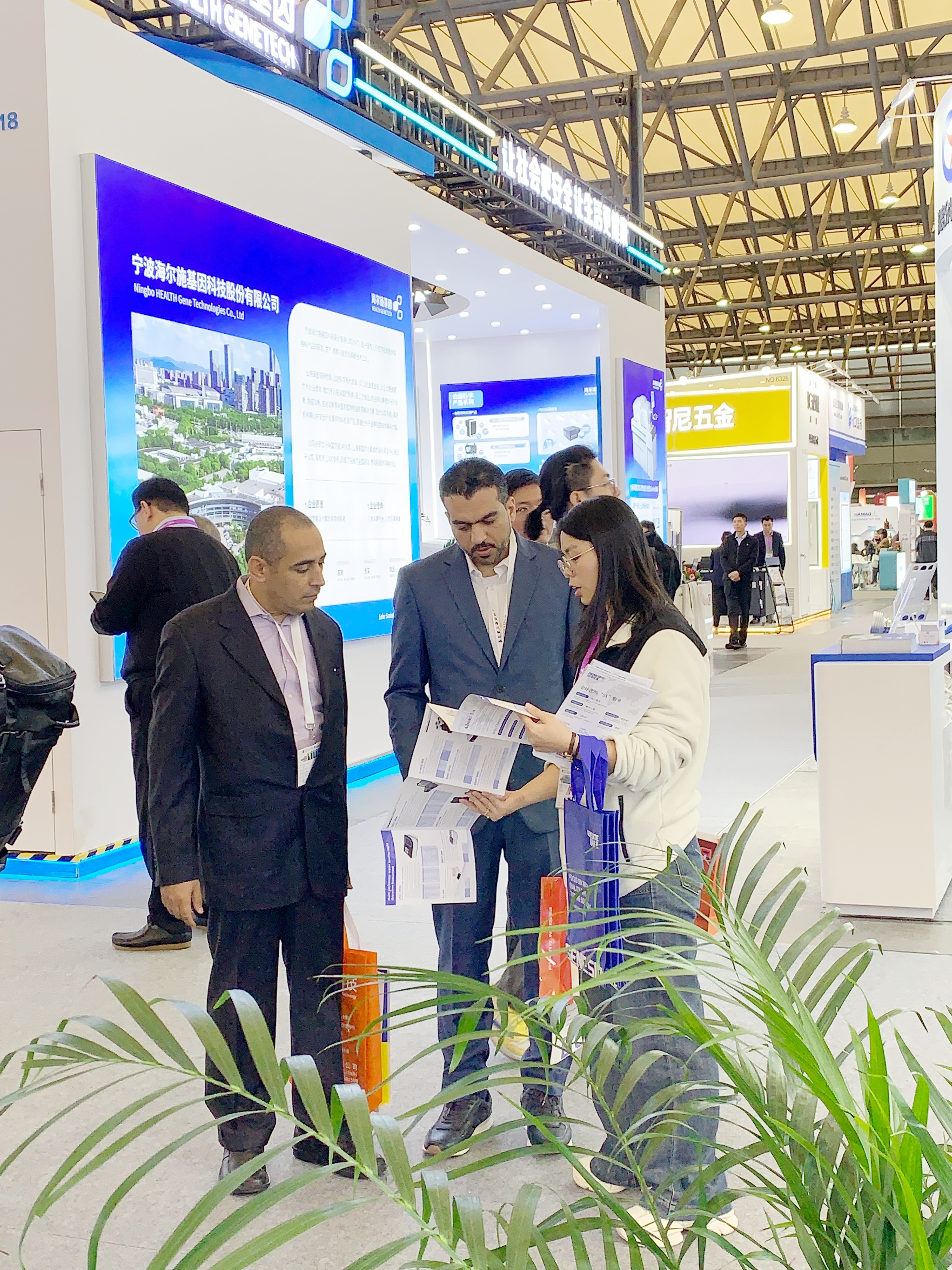Understanding Water Samplers: Essential Tools for Pharmaceutical Analysis
Aug 09,2025

Water samplers play a critical role in the pharmaceutical and healthcare industries, particularly in the analysis of water quality and safety. These devices are designed to collect water samples from various sources, ensuring that the samples are representative of the water being tested. The importance of accurate water sampling cannot be overstated, as it directly impacts the reliability of analytical results and the overall quality assurance process in pharmaceutical manufacturing.
In the context of pharmaceutical analysis, water samplers are used to monitor the quality of water utilized in production processes, as well as in the formulation of products. Water, being a key ingredient in many pharmaceutical formulations, must be free from contaminants to ensure the safety and efficacy of the end products. Water samplers assist in detecting any potential impurities or deviations from established standards, thereby safeguarding public health.
There are several types of water samplers available, each suited for specific applications. For instance, grab samplers are ideal for collecting single-point samples, often used for initial assessments or compliance checks. In contrast, composite samplers are designed to collect multiple samples over a specified period, providing a more comprehensive understanding of water quality over time. This is particularly useful in situations where water quality may fluctuate due to environmental changes or operational factors.
When selecting a water sampler, it's essential to consider factors such as the intended use, the type of water source, and the specific contaminants that need to be analyzed. Additionally, the design of the water sampler should facilitate easy and hygienic collection, minimizing the risk of contamination during the sampling process. Features such as automatic sampling, temperature control, and data logging capabilities can significantly enhance the efficiency and accuracy of water sampling procedures.
Moreover, proper training on the use of water samplers is vital for personnel involved in the sampling process. Understanding the correct techniques, calibration procedures, and maintenance requirements ensures that the equipment performs optimally and yields reliable results. This ultimately contributes to the integrity of the analytical data and supports compliance with regulatory standards.
In conclusion, water samplers are indispensable tools in the pharmaceutical industry, enabling precise and reliable water quality analysis. By selecting the appropriate type of sampler and implementing best practices in sampling techniques, organizations can ensure the safety and quality of their products, thereby maintaining their reputation and trust in the market. Continuous advancements in water sampling technology promise to further enhance these capabilities, ensuring that the industry meets evolving regulatory demands and consumer expectations.
In the context of pharmaceutical analysis, water samplers are used to monitor the quality of water utilized in production processes, as well as in the formulation of products. Water, being a key ingredient in many pharmaceutical formulations, must be free from contaminants to ensure the safety and efficacy of the end products. Water samplers assist in detecting any potential impurities or deviations from established standards, thereby safeguarding public health.
There are several types of water samplers available, each suited for specific applications. For instance, grab samplers are ideal for collecting single-point samples, often used for initial assessments or compliance checks. In contrast, composite samplers are designed to collect multiple samples over a specified period, providing a more comprehensive understanding of water quality over time. This is particularly useful in situations where water quality may fluctuate due to environmental changes or operational factors.
When selecting a water sampler, it's essential to consider factors such as the intended use, the type of water source, and the specific contaminants that need to be analyzed. Additionally, the design of the water sampler should facilitate easy and hygienic collection, minimizing the risk of contamination during the sampling process. Features such as automatic sampling, temperature control, and data logging capabilities can significantly enhance the efficiency and accuracy of water sampling procedures.
Moreover, proper training on the use of water samplers is vital for personnel involved in the sampling process. Understanding the correct techniques, calibration procedures, and maintenance requirements ensures that the equipment performs optimally and yields reliable results. This ultimately contributes to the integrity of the analytical data and supports compliance with regulatory standards.
In conclusion, water samplers are indispensable tools in the pharmaceutical industry, enabling precise and reliable water quality analysis. By selecting the appropriate type of sampler and implementing best practices in sampling techniques, organizations can ensure the safety and quality of their products, thereby maintaining their reputation and trust in the market. Continuous advancements in water sampling technology promise to further enhance these capabilities, ensuring that the industry meets evolving regulatory demands and consumer expectations.
TAG:
Contact Us
E-mail :
andrew@genesit1.com
Phone:
+8615896508337
Address:
Chanhe Industrial Park,LuoYang City, Henan Province,China


